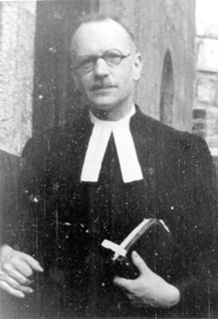A Quote by Jean Cocteau
What is history after all? History is facts which become lies in the end.
Related Quotes
Music expresses feeling, that is to say, gives shape and habitation to feeling, not in space but in time. To the extent that music has a history that is more than a history of its formal evolution, our feelings must have a history too. Perhaps certain qualities of feeling that found expression in music can be recorded by being notated on paper, have become so remote that we can no longer inhabit them as feelings, can get a grasp of them only after long training in the history and philosophy of music, the philosophical history of music, the history of music as a history of the feeling soul.
No doubt Carlyle has a propensity to exaggerate the heroic in history, that is, he creates you an ideal hero rather than another thing.... Yet what were history if he did not exaggerate it? How comes it that history never has to wait for facts, but for a man to write it? The ages may go on forgetting the facts never so long, he can remember two for every one forgotten. The musty records of history, like the catacombs, contain the perishable remains, but only in the breast of genius are embalmed the souls of heroes.
The history of his present majesty, is a history of unremitting injuries and usurpationsall of which have in direct object the establishment of an absolute tyranny over these states. To prove this, let facts be submitted to a candid world, for the truth of which we pledge a faith yet unsullied by falsehood.
After school, I went to Damascus to study law and history, which I didn't really like. I didn't like history, in particular. In Syria, the regime was trying to present to us a distorted version of the past. Assad was shown as the father of history. So I decided to shift to film, which was something I had always loved as a teenager.
The settler makes history and is conscious of making it. And because he constantly refers to the history of his mother country, he clearly indicates that he himself is the extension of that mother country. Thus the history which he writes is not the history of the country which he plunders but the history of his own nation in regard to all that she skims off, all that she violates and starves.







































